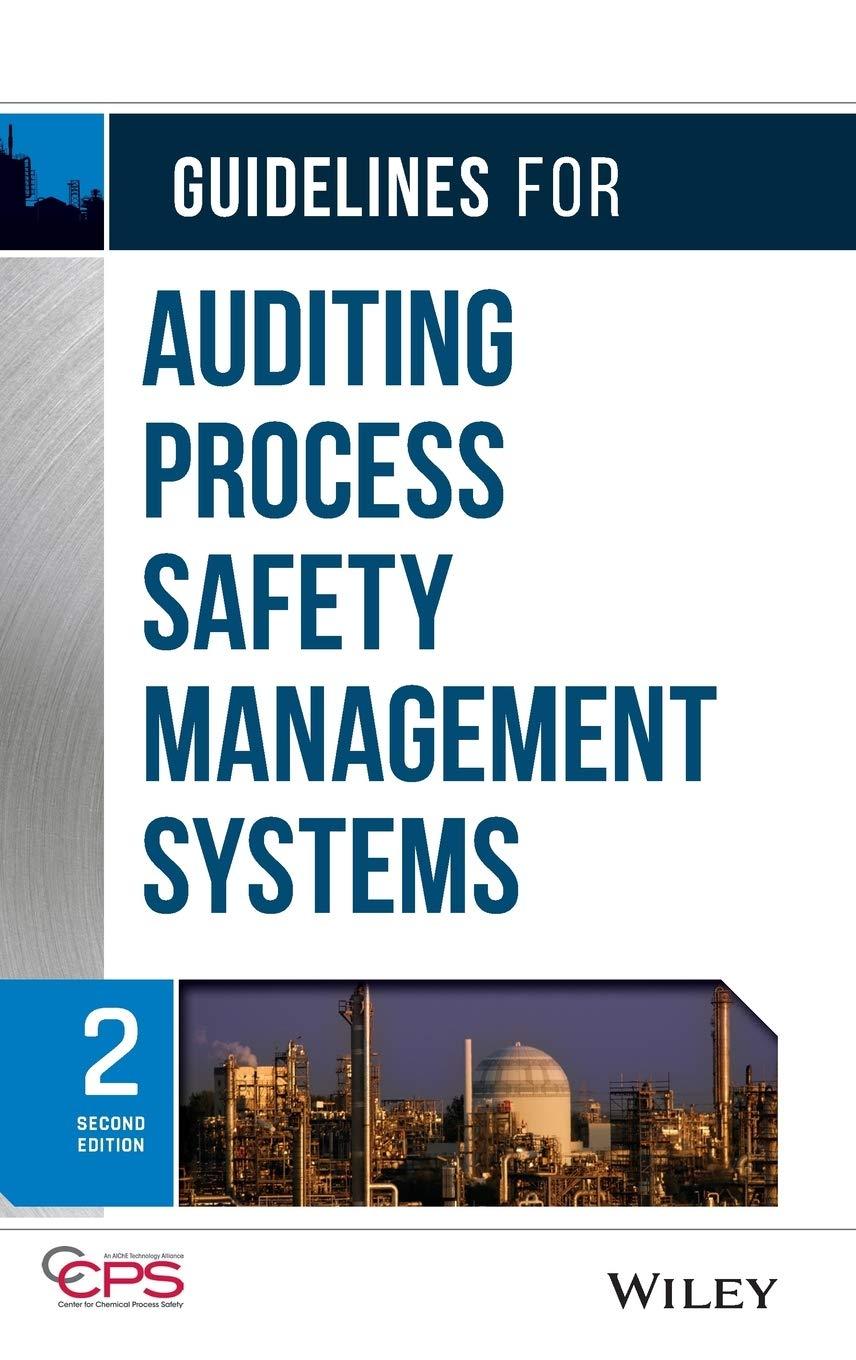
You are a sole practitioner who used to provide a range of accountancy services for a small company (Company A) that owns a hardware shop in the town where you practise. Following a brief retendering process, the client chose to engage an alternative firm of accountants. Both you and the other firm had been asked to tender for a range of services, including the preparation of year end accounts, tax compliance work, and a due diligence exercise in respect of the intended purchase of a small hardware business in the neighbouring town. You believe that you were unsuccessful in the tendering process on the basis of cost alone, as Company A is not very profitable, and suffers from the competition of the other hardware business that it intends to acquire. You are the continuity provider for another local sole practitioner. Two months ago he suffered a heart attack, and so you are currently acting for a number of his clients. He is not expected to resume practising for another two months. One of the clients of the incapacitated practitioner (Company B) operates a shop selling electrical goods. The director and majority shareholder has called you to arrange a meeting to discuss a business venture that he is considering. At the meeting, the client explains that he intends to make an offer for the same small hardware business that company A is seeking to acquire. He is aware that there is another bidder for the business, but is unaware that it is Company A, or that Company A used to be your client. When the meeting is over, you start to feel uneasy. You want to help Company B and provide a valued service on behalf of the practitioner for whom you are the continuity provider. But you realise that you are also in possession of confidential information concerning the plans of your previous client. You are aware of Company A's problems and its motivation for wishing to acquire the business. a) How will you ensure that you do not use confidential information relating to your previous client to the advantage of Company B? b) How will you safeguard your reputation and that of your profession? You are a sole practitioner who used to provide a range of accountancy services for a small company (Company A) that owns a hardware shop in the town where you practise. Following a brief retendering process, the client chose to engage an alternative firm of accountants. Both you and the other firm had been asked to tender for a range of services, including the preparation of year end accounts, tax compliance work, and a due diligence exercise in respect of the intended purchase of a small hardware business in the neighbouring town. You believe that you were unsuccessful in the tendering process on the basis of cost alone, as Company A is not very profitable, and suffers from the competition of the other hardware business that it intends to acquire. You are the continuity provider for another local sole practitioner. Two months ago he suffered a heart attack, and so you are currently acting for a number of his clients. He is not expected to resume practising for another two months. One of the clients of the incapacitated practitioner (Company B) operates a shop selling electrical goods. The director and majority shareholder has called you to arrange a meeting to discuss a business venture that he is considering. At the meeting, the client explains that he intends to make an offer for the same small hardware business that company A is seeking to acquire. He is aware that there is another bidder for the business, but is unaware that it is Company A, or that Company A used to be your client. When the meeting is over, you start to feel uneasy. You want to help Company B and provide a valued service on behalf of the practitioner for whom you are the continuity provider. But you realise that you are also in possession of confidential information concerning the plans of your previous client. You are aware of Company A's problems and its motivation for wishing to acquire the business. a) How will you ensure that you do not use confidential information relating to your previous client to the advantage of Company B? b) How will you safeguard your reputation and that of your profession







